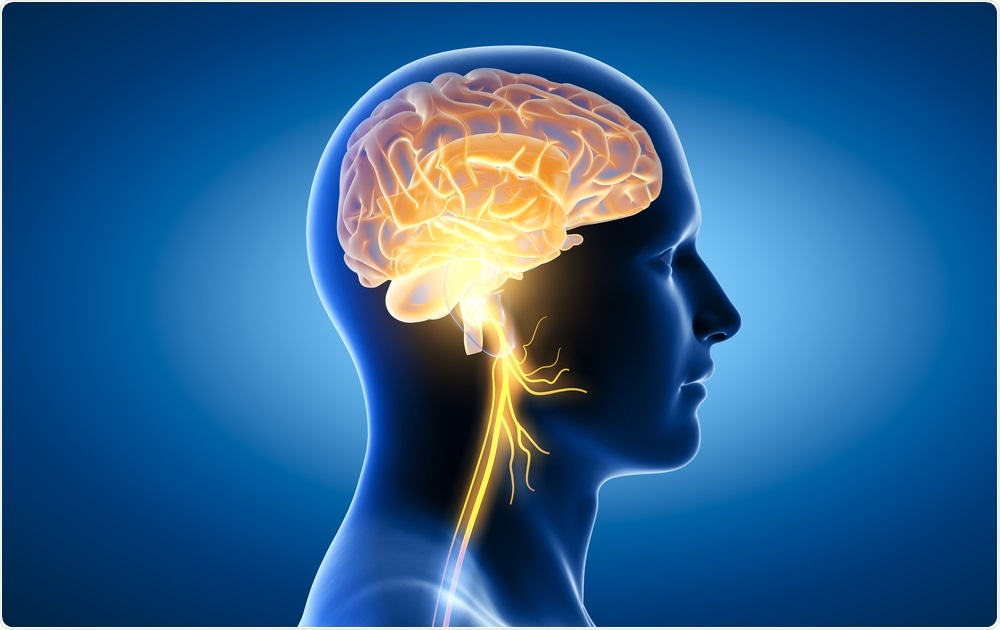Reasons Your Doctor Might Recommend Vagus Nerve Stimulation

If you have been seeking alternative treatment options for certain medical conditions, your doctor might suggest an intriguing Vagus Nerve Stimulation (VNS) therapy. It is advisable to note that Vagus Nerve Stimulation may not be suitable for everyone. By targeting the vagus nerve, a powerful communication pathway in your body, White Rock VNS offers a unique approach to managing various health conditions.
The decision to recommend VNS depends on individual circumstances, medical history, and the severity of the condition. Here are some of the reasons your doctor may opt for VNS:
Epilepsy
Vagus Nerve Stimulation (VNS) has been approved by regulatory authorities as an adjunctive therapy for treating epilepsy, specifically for individuals who have not achieved adequate seizure control with medication alone. VNS involves implanting a device regularly, delivering electrical impulses to the vagus nerve. These electrical signals can help regulate abnormal brain activity and reduce the frequency and severity of seizures.
Treatment-resistant depression
For individuals with Treatment-Resistant Depression (TRD), where conventional therapies have been ineffective, Vagus Nerve Stimulation may be recommended. By stimulating the vagus nerve, VNS can modulate brain circuits involved in mood regulation. The electrical impulses generated by the implanted device help boost the production of eurotransmitters like serotonin and norepinephrine, vital in managing depression symptoms.
Anxiety disorders
Vagus Nerve Stimulation has shown promise in treating various anxiety disorders, including generalized anxiety disorder (GAD) and panic disorder. By regulating the activity of the autonomic nervous system, VNS can help restore balance and reduce anxiety symptoms. The therapy has been found to potentially alleviate anxiety, improve emotional regulation, and enhance overall well-being.
Heart failure
Vagus Nerve Stimulation may be recommended in certain cases of heart failure where medications and other treatments are insufficient. VNS can help regulate heart rate and improve cardiac function by stimulating the vagus nerve. It can also modulate the autonomic nervous system, essential to heart health. VNS has shown potential in reducing symptoms and improving the quality of life for individuals with heart failure.
Chronic pain
Chronic pain conditions, such as migraines and neuropathic pain, can significantly impact one’s quality of life. Vagus Nerve Stimulation offers a potential treatment option for chronic pain management. By modulating pain signals and altering pain perception, VNS can relieve and improve pain management for chronic pain patients.
Inflammatory disorders
Certain inflammatory disorders, such as rheumatoid arthritis and Crohn’s disease, involve an overactive immune response. Vagus Nerve Stimulation has demonstrated anti-inflammatory effects by modulating the production of inflammatory markers and regulating the immune response. VNS may help reduce inflammation and potentially improve symptoms and disease progression in these conditions.
Obesity and appetite control
Vagus Nerve Stimulation has been explored as a potential therapy for obesity and appetite control. By stimulating the vagus nerve, VNS can influence appetite signals and feelings of satiety. While further research is needed, early studies suggest that VNS may help reduce food cravings, promote weight loss, and aid in managing obesity.
If you are experiencing any of these medical conditions, it is time to discuss VNS with your doctor at RHBNeuro.
